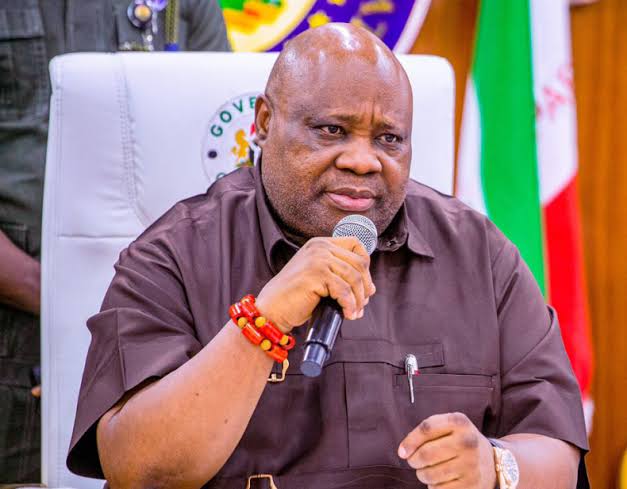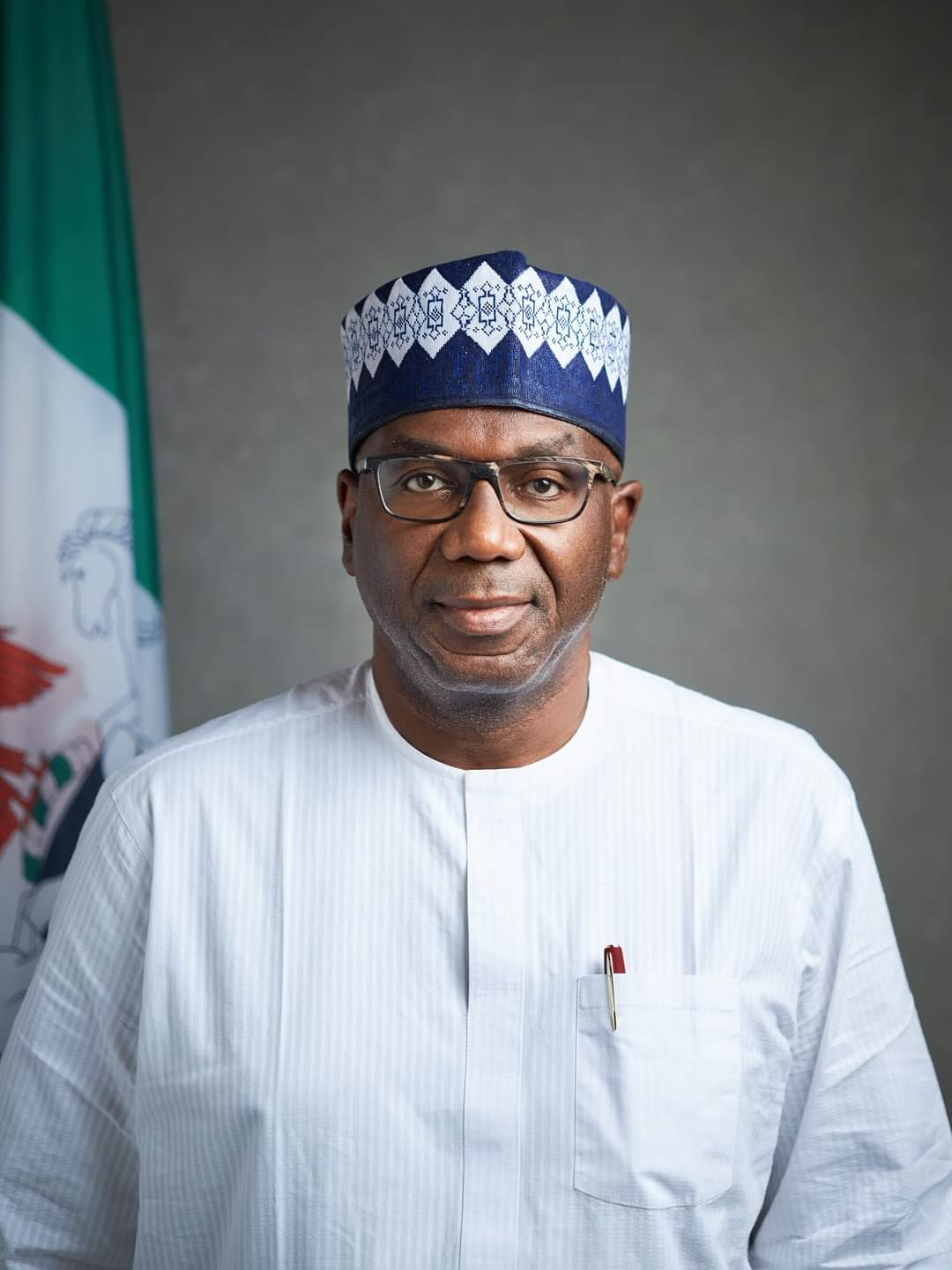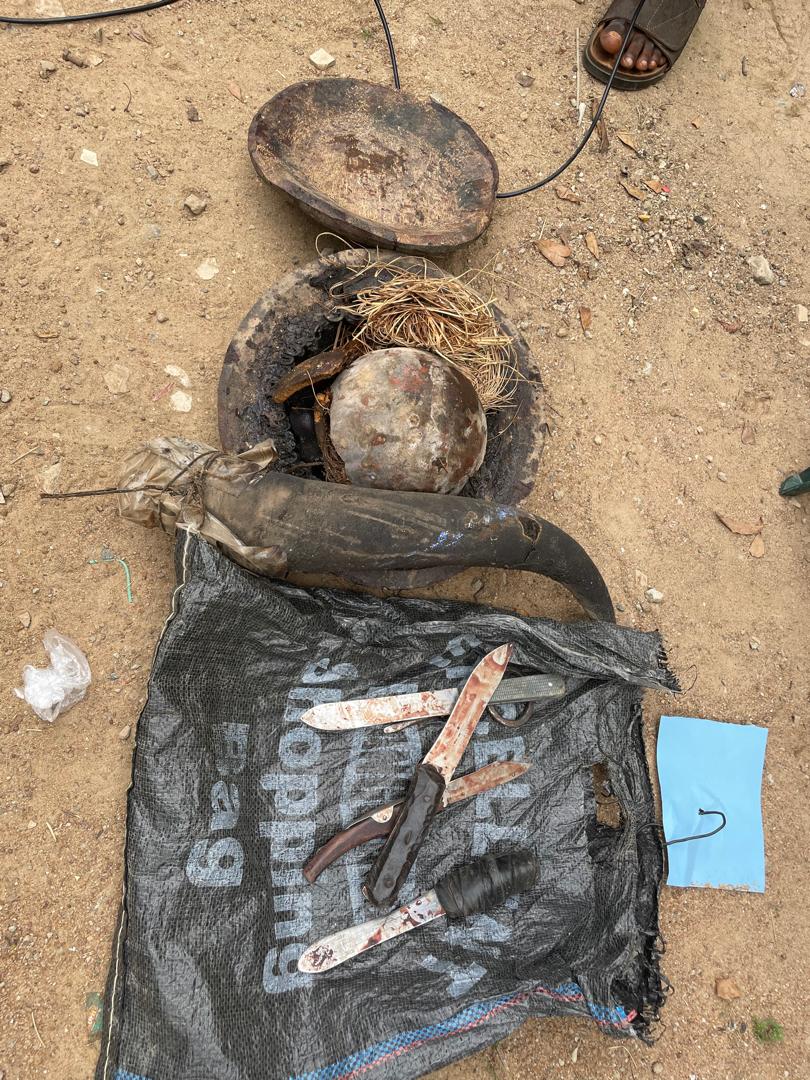A governor can theoretically personalize a state police, but only for as long as he’s in office or wields political power or influence. He looses control once out of power. That he installs a successor will be no guarantee. E.g: Kano, Kwankwaso vs Ganduje; Anambra, Peter Obi vs Obiano. I can go on, but those two should suffice.
But beyond this fear of governors turning state police into personal militias, what other argument exists against? How does the police even function now? For the exact purpose you fear. The exception is where state and federal are of opposing political camps or having personality issues, like Ngige vs Obasanjo, GEJ vs Amaechi, etc.
The real issue should not be a fear of excessive power for governors. That power is transient as every incumbent will one day become ex or late, and what goes around comes around. And even if a departing political office holder installs a criminally-minded stooge as head of police for his post-term control, it will not avail him forever. An ambitious DPO will want to become a commissioner, AIG, DIG, etc. He will eventually seek other patrons with the political capital to advance his career. God helps the ex-ruler that has entered political oblivion as most ineffectual political leaders do after power and has issues with the incumbent. He would basically have created a monster that will later consume him.
So the real issue is to change the guiding philosophy for policing in Nigeria from that of a colonial occupation force created to protect foreign imperialist interests from conquered locals. The force simply switched allegiance from its British overlordship to local politicians and oppressors at independence without change in orientation. The successive high commands seem to have progressively adapted and monetized the force to serve as bodyguards to just about anybody that can pay for protection, to the extent that 80% of policemen now serve as VIP escorts, thereby abdicating the primary duty of government for welfare and security of all citizens. And the general population is left to look after itself. Hence pervasive insecurity in the nation.
So the solution is not to oppose state police but to change the imperatives and guiding principles for policing in a modern state bottom up, and to reorient its operative mentality to that of a people’s police. In that case it won’t matter what a governor wants; so long as it’s against public interest, it will also be against the interest of officers when the police sees itself as of and part of the people.
There are many good points for state policing when this proposed police reorientation and reform has been put in place. I will cover only the most obvious from the perspective of human behavior heuristics. The reorganization will be into federal, maybe also regional, state, LGA, and perhaps also ward and neighborhood commands. In any event, commands will approximate geopolitical units with possible overlaps. Officers will usually originate from or reside in their precincts of command. They will be ‘local’ to their precincts and so can relate to the security issues at that level. Instances of a Kanawa officer being deployed in Ekiti or an Ijebu in Aba for some specific heinous tasks against locals will either not arise or will seriously abate. So policing will become a local affair. Now if someone’s townsman in the police is sent to carry out an ignoble assignment against him, the fact that everyone in the community knows him, his ancestral or settled home, family or long-term/permanent residence and can potentially personally revenge against his entire lineage may moderate his brutality. Same will apply to perhaps a lesser extent to non-indigenes who are long-term residents of the beat neighborhood Prudence demands that one acts like a child when sent on a slave errand.
Relatedly, policing is likely to be more effective both for prevention and detection of crime. The local policeman will likely speak the local language, know the people’s habits and all nooks and crannies of the precinct he serves. He will likely belong at a primordial level to and/or have socioeconomic stakes in and ties to the community. For as long as Badoo is left to run amok in Ikorodu, his own father, mother, son and/or wife also stand chances of getting killed for rituals. He has probably lost a cousin or friend to the cult, therefore has personal motivation and incentives to diligently investigate to end the violence and bring perpetrators to justice. There’s also a higher chance that he won’t compromise and look the other way whilst a criminal escapes because he is also a potential future target and victim of crime. Of course the contrary argument can be made that he can also free his relative. But he will likely also warn him to stop or skip town. Head of tail, state or local police will reduce crime and mitigate its menace.
In summary, there are arguments for and against state police, and this piece is by no means exhaustive. In my opinion however there is promise of more advantages than disadvantages. To this extent, I support the call to decentralize policing as currently existing in Nigeria and to reorganize it into independent Federal, State, LGA, Ward, etc forces or departments but with built-in features for cross-jurisdictional collaboration as may be necessary for improved effectiveness. The promised benefits will however not be fully realized if the predatory colonial mentality that still drives policing in Nigeria is not uprooted.
So, I also advocate for overhauling, retooling, retraining and reorienting the force and men in line with contemporary global policing imperatives. There would be teething problems, but we will learn and evolve the decentralized architecture as we go along and improve. I believe this will greatly reduce crime and generally improve security across board whilst also arresting the extant drift into anarchy.







